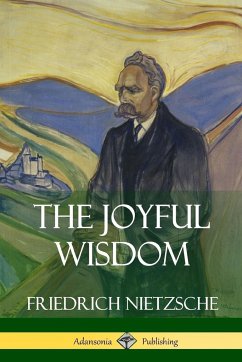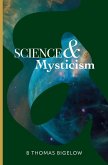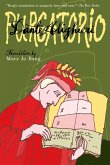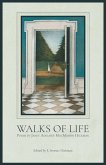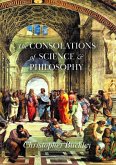This edition of The Joyful Wisdom boasts an authoritative English translation by Thomas Common, which brings Nietzsche's poetry and philosophy to vivid comprehension. Initially published in 1882 and also known by its alternate title The Gay Science, the arguments within this book are primarily occupied with the philosophical concept that God has died. It is in this publication that Nietzsche first makes his famous statement that God is dead; a phrase which was to become associated with the philosopher during and after his lifetime. For his own part, Nietzsche identifies these writings as being of an intensely personal nature, the poems within expressing feelings at the core of his being. Definitively part of the philosopher's middle period, this work encapsulates the praise of science and intellectual prowess which characterized Nietzsche in the early 1880s. A strong alignment with skepticism and a commitment to innovation with the scientific method, are strongly praised by the philosopher.
Bitte wählen Sie Ihr Anliegen aus.
Rechnungen
Retourenschein anfordern
Bestellstatus
Storno

